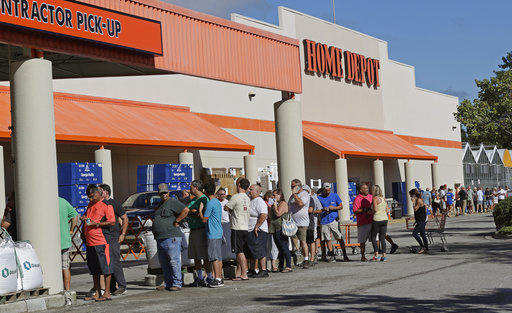Section Branding
Header Content
Experts Warn Of Gas-Powered Generator Dangers
Primary Content
The destruction from what was Hurricane Michael left thousands of people in Georgia without power, officials said Thursday.
But as some take solace in starting up a gas-powered generator, experts warn of associated dangers such as carbon monoxide poisoning and risk of electrocution.
Malfunctions and ventilation affect whether a generator could leak CO.
Carbon monoxide is odorless, colorless gas that is difficult to detect. Every year, at least 430 people die in the country from accidental CO poisoning, according to the Centers For Disease Control and Prevention.
Approximately 50,000 people in the U.S. visit the emergency department each year due to accidental CO poisoning.
The most common symptoms of CO poisoning are headache, dizziness, weakness, nausea, vomiting, chest pain, and confusion. People who are sleeping or who have been drinking alcohol can die from CO poisoning before ever having symptoms.
According to the American Red Cross, generators should be operated on a dry surface under an open canopy-like structure, such as under a tarp held up on poles. If an appliance such as a generator is covered and cannot properly vent, fumes can build up adding to the risk of explosion.
To avoid electrocution, the Red Cross recommends keeping the generator dry and to not use it in rain or wet conditions. Don't touch the generator with wet hands, either.


